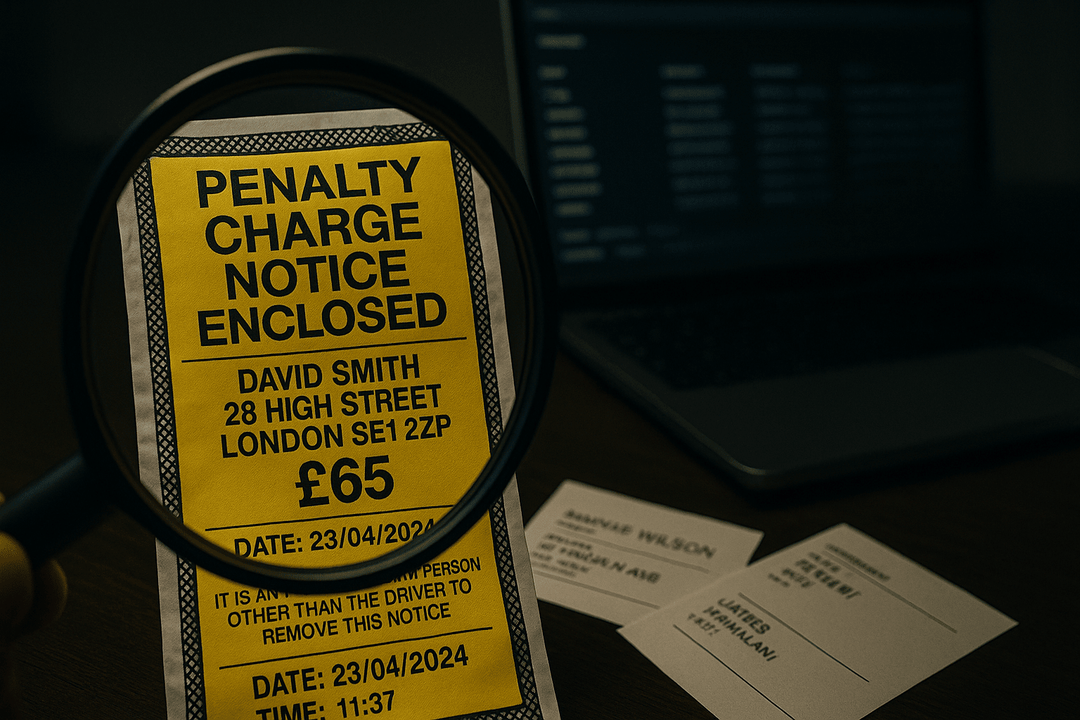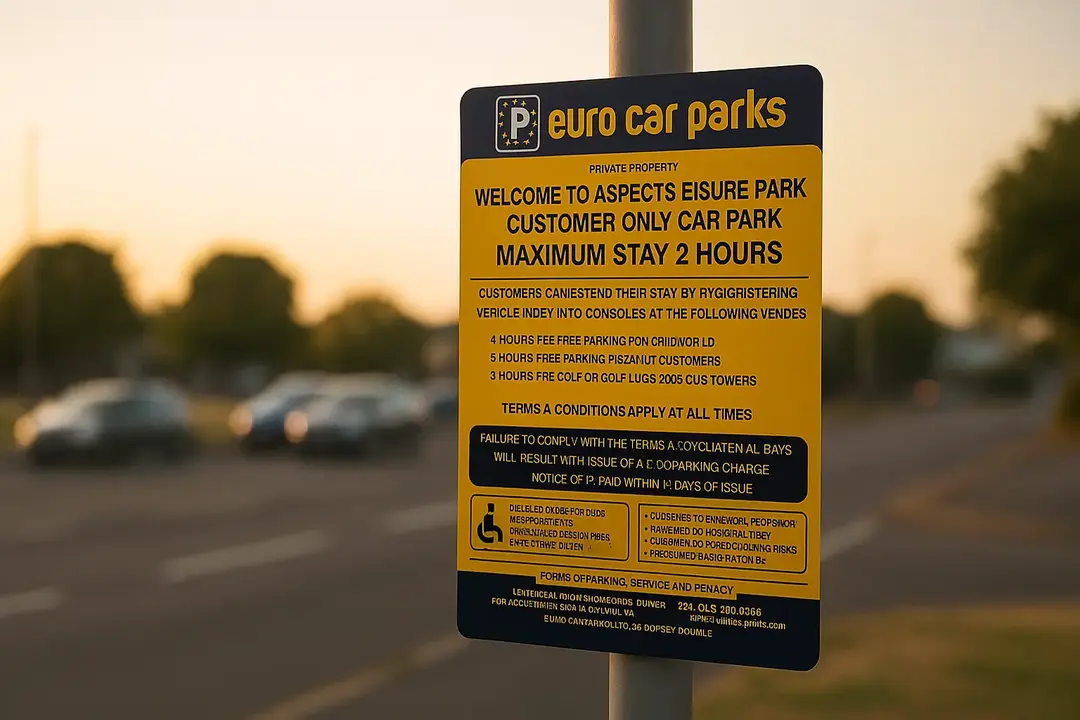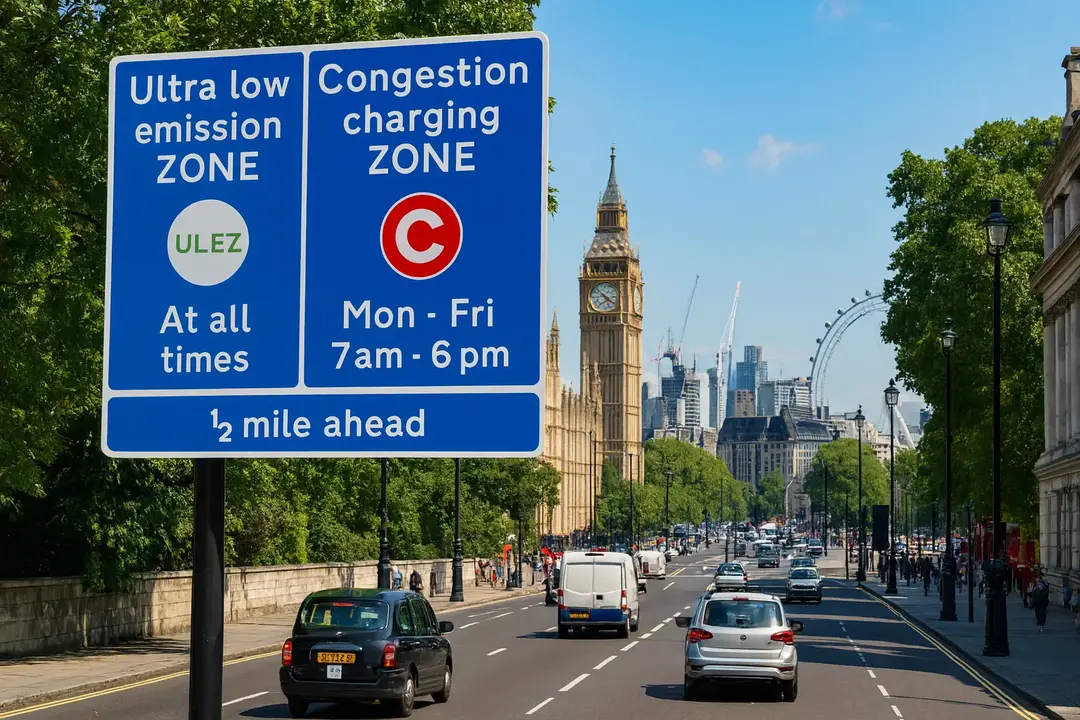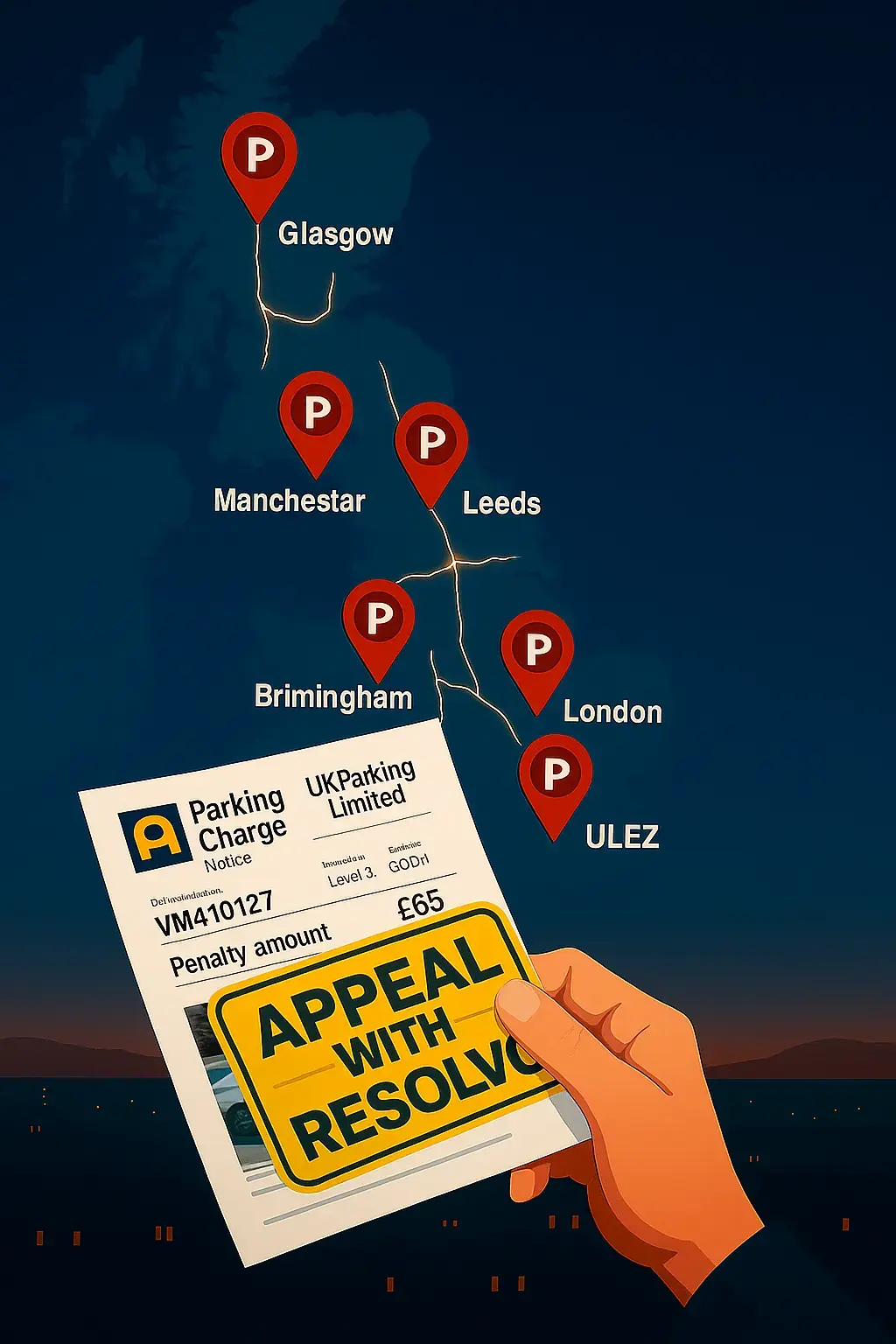If you’ve ever been hit with a parking fine that felt unfair, confusing, or just plain wrong — good news: change is on the way.
The UK government is planning a massive shake-up of the rules around private parking charges, how they’re enforced, and what companies can get away with. These new rules aim to protect drivers, stop dodgy practices, and make sure parking firms play fair. But they’re still in the consultation phase — and they’re long overdue.
Let’s break it all down.
Appeal your parking ticket with Resolvo in just 2 minutes - it's completely free
🧾 What’s This All About?
Back in 2019, Parliament passed a law to clean up the private parking industry. Fast forward to 2025 — and we’re finally getting close to seeing that law in action.
The Parking (Code of Practice) Act 2019 requires the government to set up one clear rulebook (a “Code of Practice”) for all private parking companies to follow across England, Scotland and Wales.
This consultation — which ended on 26 September 2025 — was a major step towards making that Code real.
What’s Wrong With Private Parking Right Now?
Here’s why the government is stepping in:
12.8 million private parking fines were issued in 2024 — a record high. That's approximately 35,000 private parking fines every day
Drivers report unclear signs, broken machines, and unfair penalties
Many fines are issued by automated cameras (ANPR) that don’t allow for human error or unexpected problems
Appeals processes feel rigged and not independent
Firms charge extra “debt recovery” fees that can feel like scare tactics
Drivers have called parking companies like APCOA a scam, 99% of Euro Car Parks reviews on Trustpilot are rated 1 star and over 1000 reviews have rated UKPC as 1 star.
The unfair penalties, dodgy practices and lack of transparency are some of reasons why the rules on these parking companies is being reviewed.
📋 What the New Code of Practice Could Change
💷 1. Parking Fine Limits
Private parking companies can currently charge up to £100, with a 40% discount if you pay within 14 days. The government asked whether that should stay, drop, or vary by location.
If you’ve ever thought £100 was extreme for a minor slip-up — now you know why this matters.
💳 2. “Debt Recovery Fees” — Up to £70 Extra
If you ignore a parking charge, a £70 “debt recovery” fee often gets added. That takes a £100 fine to £170.
But only 13–14% of people pay these fees, and some companies are profiting massively. The new rules could ban or cap these add-ons.
🕓 3. Stopping the 5-Minute Rule at Parking Sites
Ever parked, tried to pay, but got stuck behind a slow machine or app issue? T
he new Code proposes that if you paid in full before leaving, you shouldn’t get fined — even if it took longer than five minutes.
⚖️ 4. Protection for Honest Mistakes
The Code will likely stop fines when:
Machines or apps failed
You couldn’t get signal
You or a passenger were ill
It was a genuine emergency
You miskeyed your number plate
Today, you might just get a discount or the parking fine gets reduced to £20. With the new Code, you could get it cancelled outright.
🧑⚖️ 5. A Truly Independent Appeals Service
Currently, appeals are handled by services linked to trade bodies — and trust is low.
The government is exploring a single national, independent appeals body — fairer, clearer, and truly neutral.
📊 6. Operators Must Share Data & Be Audited
Parking firms would need to report:
Number of fines issued
Appeals accepted or rejected
Complaints they receive
Which sites issue the most tickets
They’ll also need to be certified and audited — or they’ll lose access to DVLA data, which they need to enforce fines.
We've written an in depth article on How Parking Companies Get Your Details
What This Means For You as a Driver
Here’s what to expect:
You still have the right to appeal unfair private parking fines
Keep photos of signage, machines, app errors, and payment proof
New rules could bring clearer signage, lower charges, and stronger protections
Until they come in: stay alert, appeal early, and know your rights
🕰️ Why Is This Happening Now — If the Law Passed in 2019?
Fair question. Here’s the timeline:
2019: The Parking (Code of Practice) Act becomes law
2022: First version of the Code is published — but parking firms legally challenge it
June 2022: Government withdraws the Code to redo the consultation process
July 2025: The proper public consultation begins, asking drivers and organisations what’s fair
September 2025: Consultation closes — results now under review
It took this long because the first attempt was rushed and challenged. The government had to go back, gather real evidence, and do it properly. Now it’s back on track — and stronger.
🗳️ What Happens Next
With the consultation closed, the government will now:
Review feedback from drivers, operators, and groups
Finalise the Code of Practice and a compliance system
Introduce the new rules in late 2026 or early 2027
This means a fairer system could be coming — and we'll share more on this when it happens.
FAQs
Can I still get taken to court for a private parking fine? Yes — but only if you ignore it. Firms can take you to small claims court, but most cases settle or are resolved with a strong appeal.
Should I ignore a private parking fine? No. That can lead to debt collectors, legal threats, and a County Court Judgment (CCJ). Appeal or pay — don’t ignore it.
What if I was just a few minutes late? There’s usually a 10-minute grace period. If you got fined unfairly, include that in your appeal.
When do the new rules come into effect? Expected in late 2026 or early 2027, after the consultation results are reviewed and approved by Parliament.
What is Resolvo?
Resolvo is a free tool to help anyone in the UK with a parking ticket. If you get a parking fine writing an appeal can feel overwhelming and stressful. What if you word it wrong? What if they ignore it? That’s why Resolvo exists.
What Resolvo Does:
Asks you a few simple questions
Uses parking regulations to understand your case
Writes a clear, structured appeal letter
100% free — no forms, no request for card details
Appeal your parking fine with Resolvo in just 2 minutes
6. What’s the difference between private and council parking fines? Private parking fines come from businesses — like supermarkets, hospitals, gyms — and are based on contract law. Council fines are legal penalties issued by local authorities under statutory law.
Private - Parking Charge Notice | Council - Penalty Charge Notice |
Issued by private firms e.g. UKPC, EuroCar Parks, APCOA, Horizon Parking | Issued by local councils e.g. Westminster, Manchester, Birmingham, Hackney |
Called Parking Charge Notice | Called Penalty Charge Notice |
Based on contract law | Based on statutory law |
Appeals via POPLA/IAS | Appeals via council & tribunal |
County Court claim (if unpaid) | Enforcement via Traffic Enforcement Centre |
Enquiries
For any enquiries about the consultation please contact: parking@communities.gov.uk
📘 Helpful Terms
Automatic Number Plate Recognition (ANPR) Cameras that automatically scan your number plate and track when you enter and exit a car park. Used to issue fines based on time spent on-site — often with no paper tickets or human checks.
Conformity Assessment Body An independent organisation (approved by UK authorities) that checks if a parking firm is following the rules in the government’s new Code of Practice.
Keeper The person responsible for the vehicle when it was parked — usually the registered keeper, unless someone else can prove they were in control at the time.
Landowner The person or company that owns the land where parking rules apply — or anyone legally managing the site for them.
Parking Charge The amount you’re fined when you break the rules in a private car park — like overstaying, not paying, or parking outside marked bays. It’s not a criminal fine, but a civil charge under contract law.
Parking Tariff The set price for parking based on how long you stay. It might be £1 for 1 hour, £2 for 2 hours, etc. You agree to these terms when you park.
Private Parking Car parks or land managed by private businesses — like supermarkets, gyms, housing developments, and shopping centres — not public councils.
Private Use Car Parks Places where only specific people can park — like residents, employees, or patients. Not open to the general public.
Prohibited Parking Areas Private land where you’re not allowed to park at all — like some airport roads or private estates. Even stopping briefly can trigger a fine.
Public Use Car Parks Places like supermarket or retail park car parks where anyone can park, but there are still rules and time limits.
Scrutiny and Oversight Board A proposed new body to monitor the entire industry, gather data, and make sure parking firms stay fair. It’ll report to the government and suggest improvements.
Short-Stay Areas Spots where you can stop, but only briefly — like pick-up/drop-off zones at airports or train stations.
Soft Trace Behind-the-scenes checks a parking firm (or debt collector) does to make sure they’ve got your correct contact details before chasing payment or taking action.
Final Thoughts: Fairer Practice for Parking Could Be Coming
Private parking fines are a nightmare — but change could be on he way.
With a new Code of Practice on the horizon, drivers will be better protected, fewer unfair fines will stick, and appeals could actually work the way they’re supposed to.
Related Posts

Exposed: How Parking Companies Get Your Details
30 April 2025
Find out how parking firms use DVLA data to get your details and how to use Resolvo to fight against your parking ticket.

99% of Drivers Rate Euro Car Parks 1‑Star —How to Beat Your Parking Fine
12 October 2025
Thousands of drivers rate Euro Car Parks as 1-star. We analysed their Trustpilot reviews to show what’s happening — and how you can appeal with Resolvo for free.

Got a Congestion Charge Ticket? Here's How to Fight and Beat It
6 October 2025
Got a ticket from a parking ticket from TFL? Learn how to appeal it in minutes, what your rights are, and how Resolvo helps you fight back — for free.
